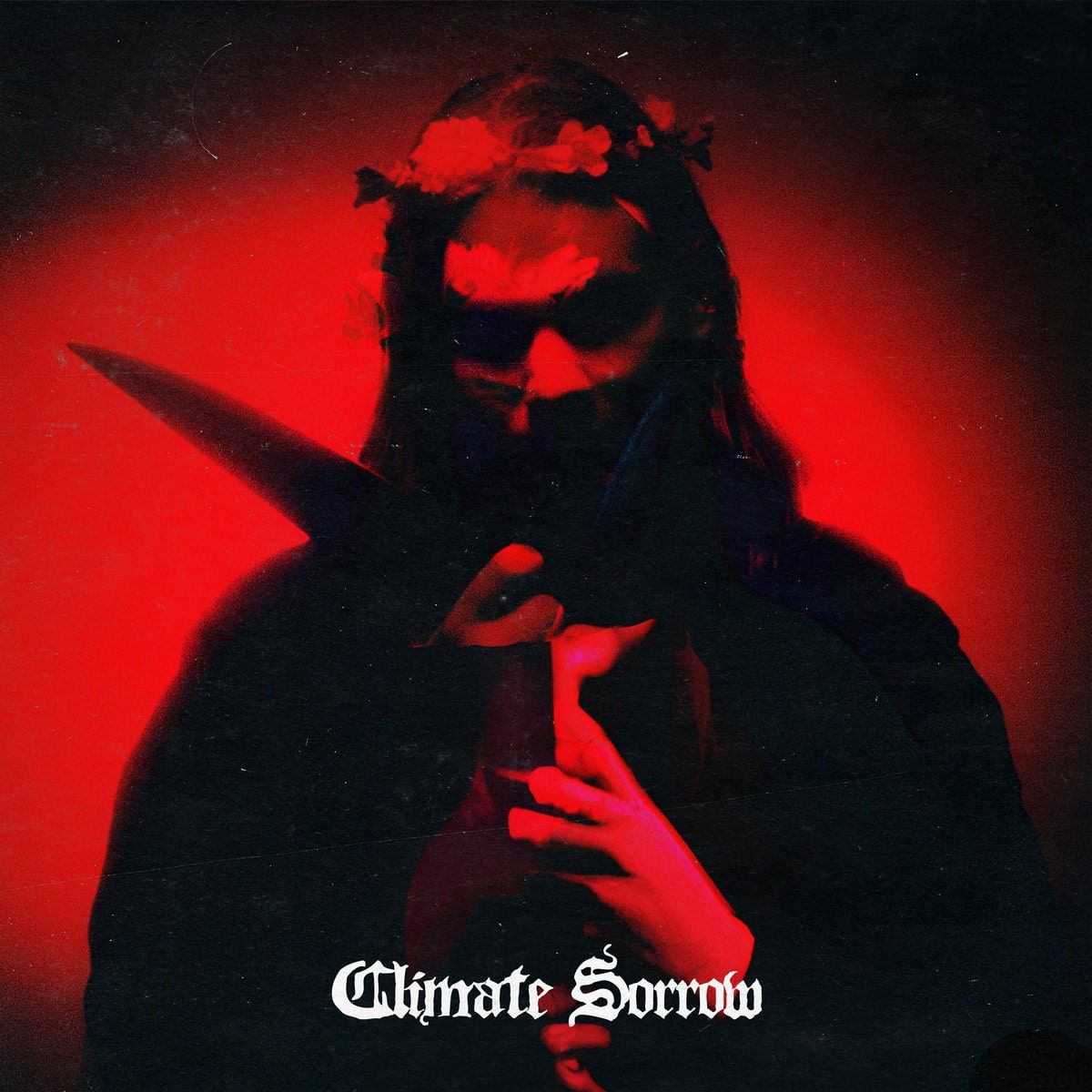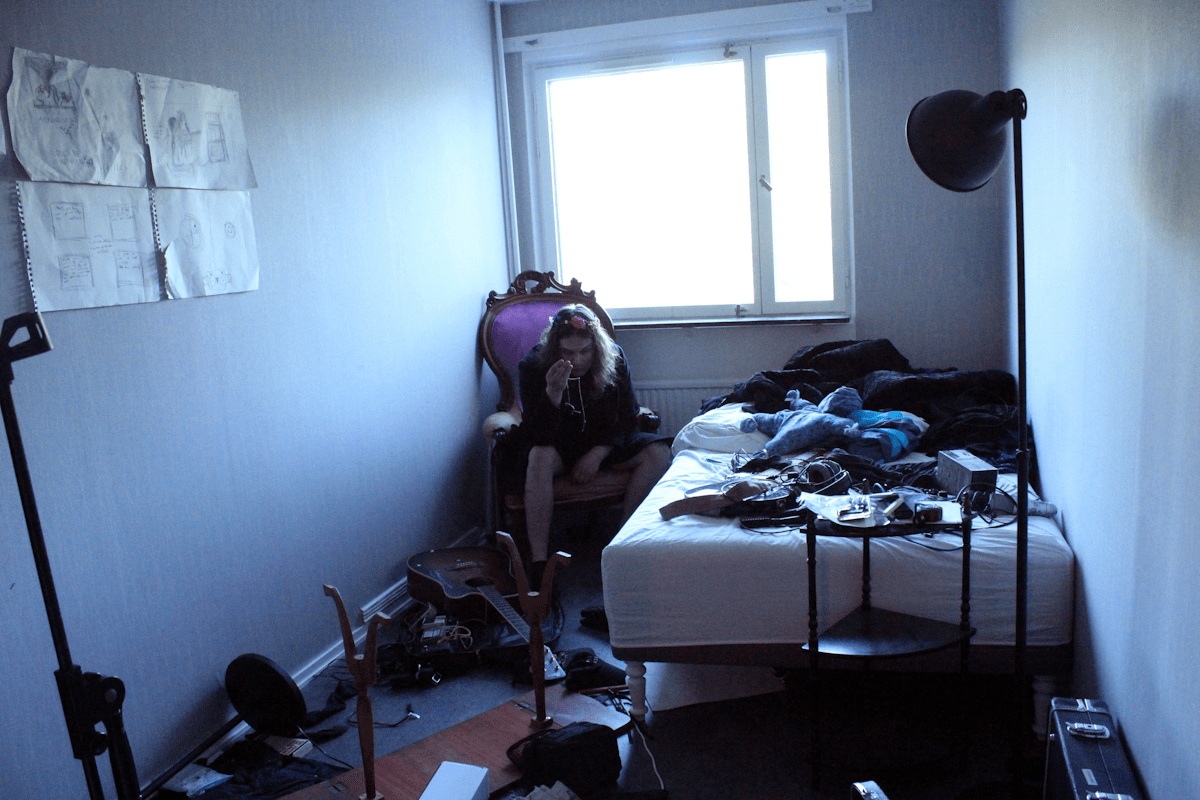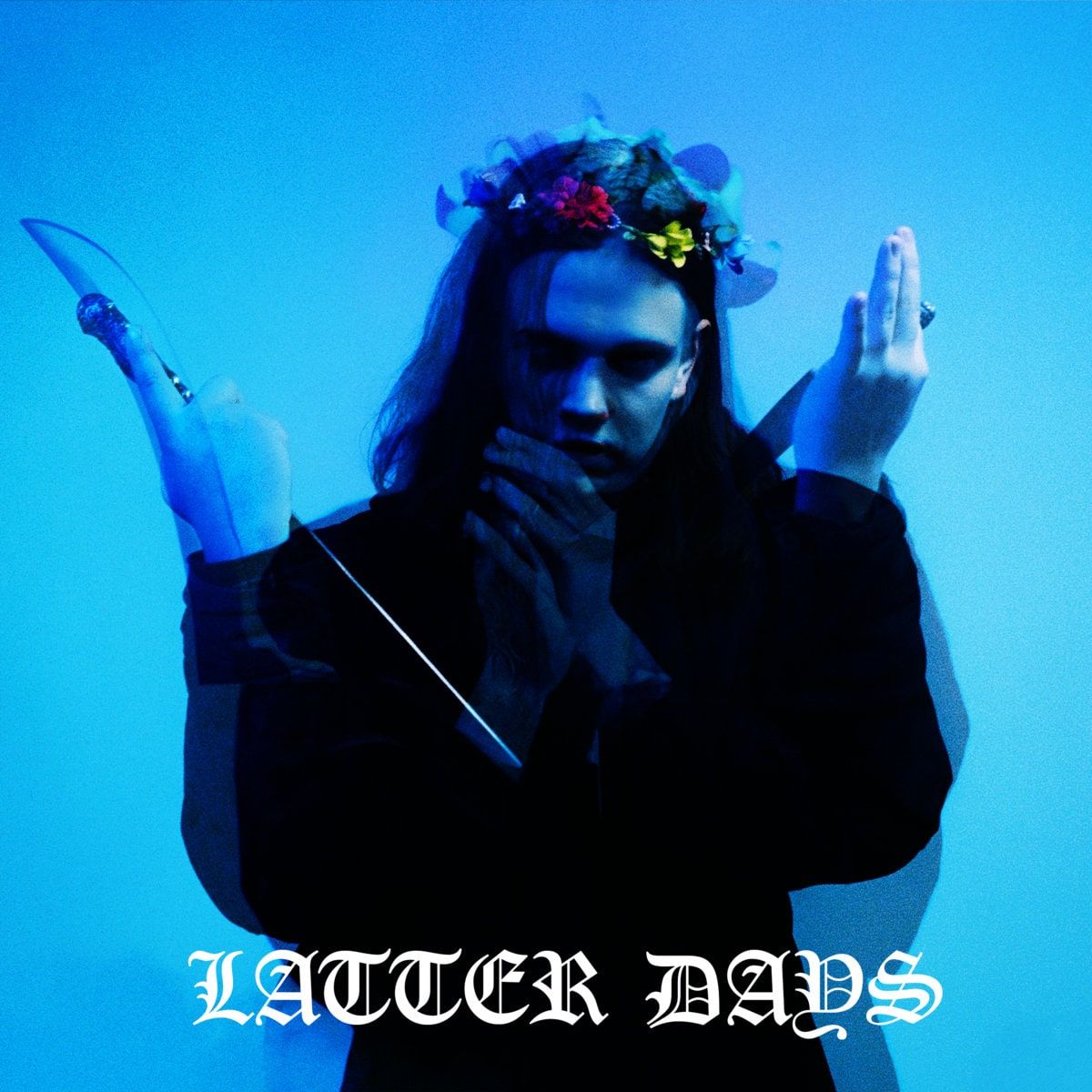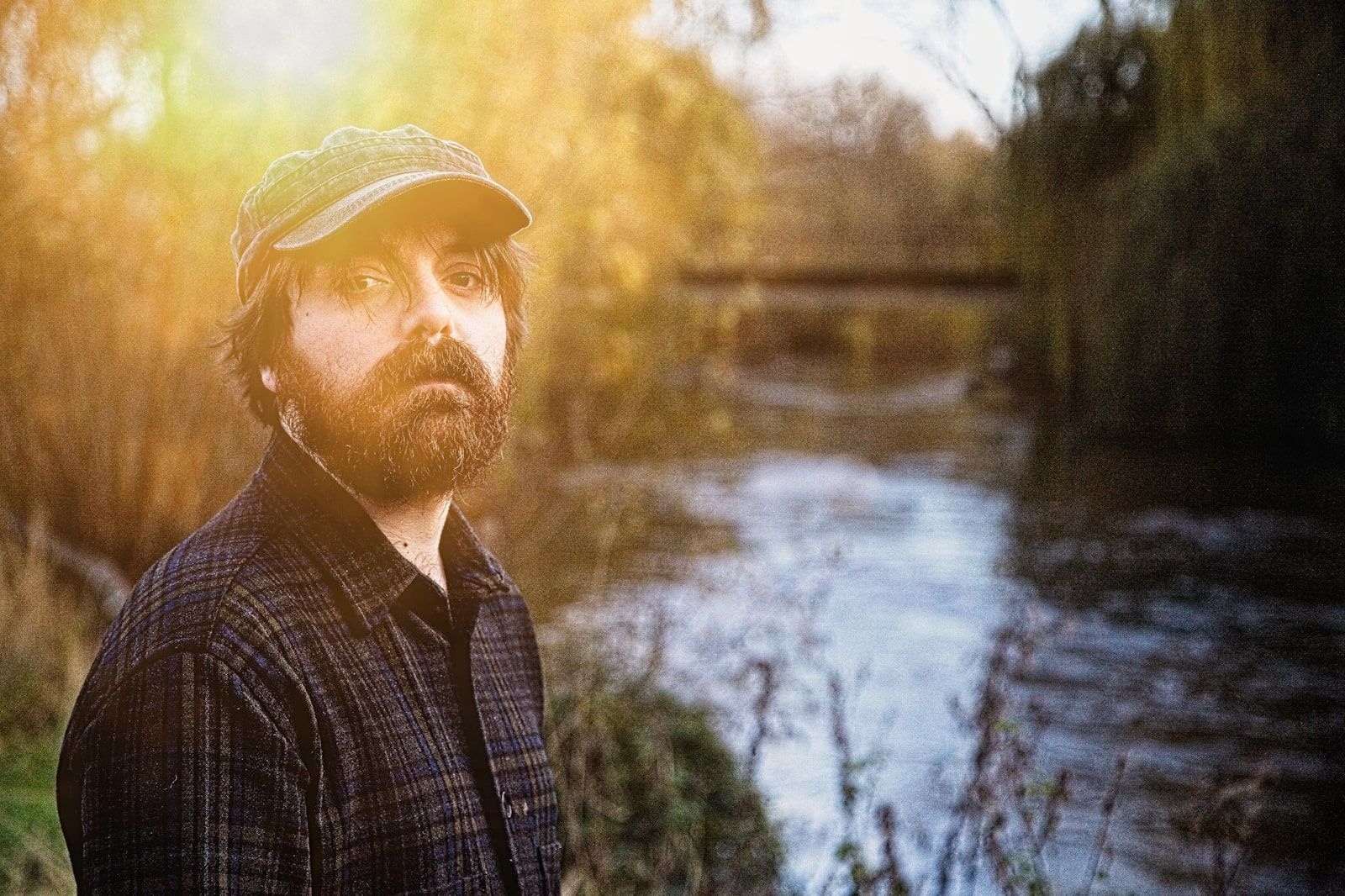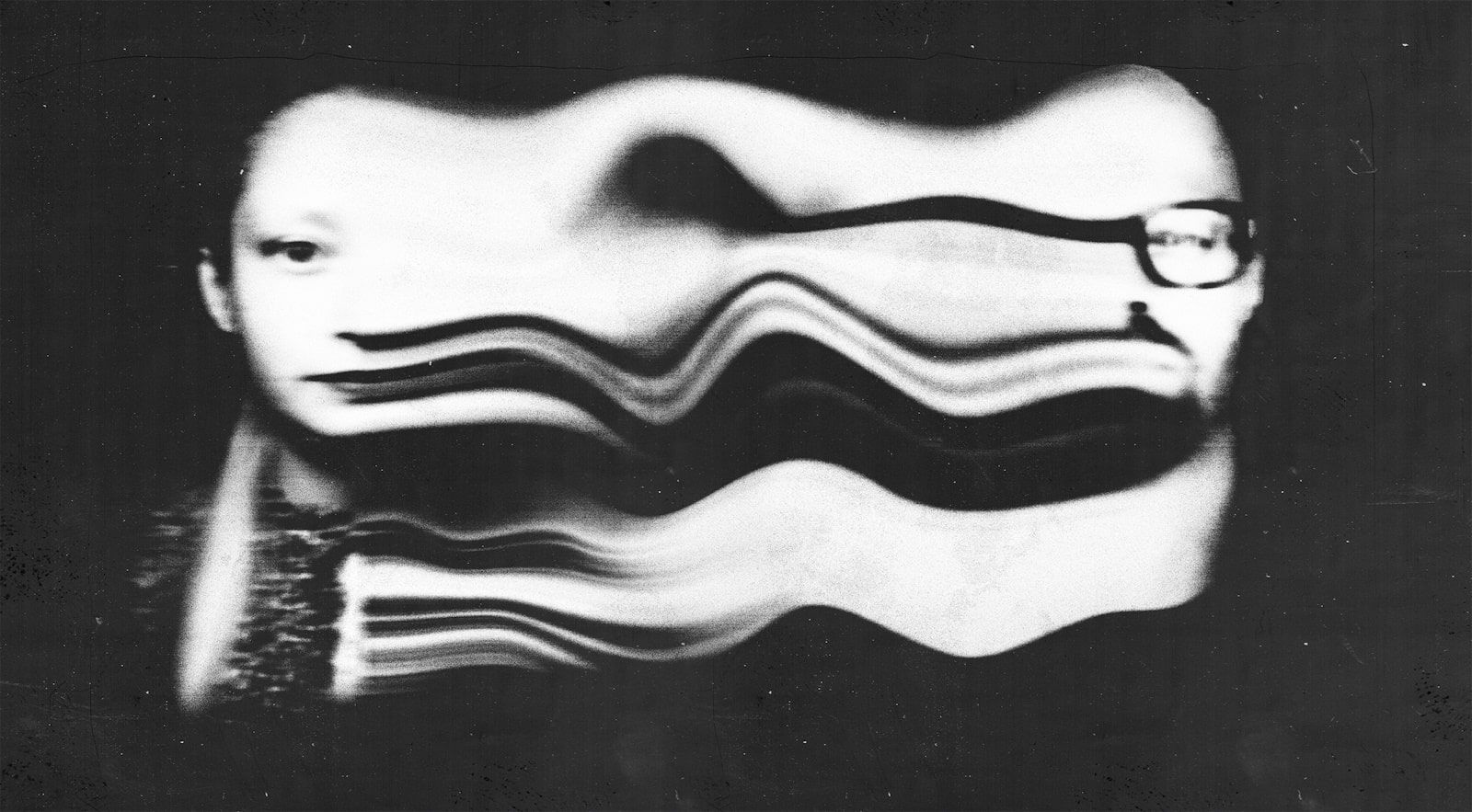Sakarias, previously the heart of Tengil, a Swedish band renowned for their experimental post-hardcore sounds, has embarked on a new, solitary journey. This narrative introduces Sakarias’s latest endeavor, A Paradise Dot, a project born from the ashes of Tengil and nurtured in the solitude of a world grappling with unprecedented change.
Tengil, with its rich history stretching back to the streets of Borås, was more than just a musical venture; it was a foray into the depths of emotion, an exploration that weaved symphonic grandeur with the raw energy of post-hardcore. Their last work, “shouldhavebeens,” (2018) stood as a testament to their artistic evolution, blending epic opuses with acoustic textures to create something both majestic and profoundly introspective.
As the world turned inward during the pandemic, so did Sakarias. The cessation of Tengil’s journey—a decision not formally announced but implicitly understood following their disbanding in early 2020—marked a pivotal moment for him. In the ensuing silence and isolation, Sakarias conceived A Paradise Dot, a project that mirrors his personal and artistic metamorphosis. This new venture is a divergence from Tengil’s grandeur, leaning towards a more lo-fi and folk-inspired sound, yet it carries the spirit and legacy of his former band.
In this exclusive interview, Sakarias opens up about his emotional and creative transition from the collaborative world of Tengil to the introspective realm of A Paradise Dot. He shares insights into his latest track, “Climate Sorrow,” a poignant piece that reflects on the irreversible impact of climate change and the inevitability of ecological decay. The track, and the project as a whole, is a reflection of Sakarias’s journey—a lone wanderer traversing a post-apocalyptic landscape, echoing the messages of fallen cultures and personal upheavals.
Join us as we delve into the mind of Sakarias, exploring the intricacies of his new project, the influence of the pandemic on his art, and his vision for the future in a world teetering on the brink of irreversible change.
Sakarias, transitioning from Tengil to A Paradise Dot represents a significant shift. Can you elaborate on the emotional and creative journey that led to this transformation?
We played the last Tengil show (in recorded history) a week before the world got locked down due to the pandemic, and I also had a lot of relationships end at the same time, so if were to be poetic about it, it kinda felt like the world was ending on a bunch of different levels, and I don’t think that it’s a coincidence that that’s like the main “theme” of my new project. We also had some songs about the end of the world with Tengil, because you know, the world might actually have been ending for a while now.
“Climate Sorrow” seems to be a poignant reflection on environmental decay. How do you balance the despair of this theme with the artistic expression in your music?
I feel like the main theme of the album is survival under/after the apocalypse) and it’s important to differentiate that from just wanting to wallow in downfall. Art is supposed to be hopeful, to serve as an exit from all the despair of the established order, and even though we are living in a decedent world that might even be beyond saving at this point, we still need to look for a way forward. “Bear your dreams, before the reaper, make it worth tomorrow, worth the climate sorrow” So yes, hope.
Your description of a post-apocalyptic wasteland is vivid. How do you incorporate elements of this dystopian imagery into the sonic landscape of your music?
I chose to arrange this album around just vocals and an acoustic guitar, surrounded by what one could call a landscape of noise and samples. The studio used in the recording (The End, Lund, s/o) has a really large live room and since I’m just the one guy this record got a really spacious, open feel. Desolate even, maybe. Come to think of it, the way we recorded everything it even looked like an ominous stage, with the decaying ruins of society placed around me in the middle.
Furthermore, we used an old Roland space echo on almost all instruments (it’s a bit gratuitous, really) recorded and the particular one we used has a damaged piece of tape in it, so you get those really disintegrated delay tails from that, they’re audible all over the album.
The concept of cultures echoing into each other in a post-apocalyptic world is fascinating. Could you share how this idea influenced the structure and flow of your upcoming album?
A lot of what the album turned out to be, came from working intuitively and letting things grow, and I am pretty keen on recording albums in bouts, which meant that a lot of harmonies and layering was added in-studio after the fact. I also decided to not use a click track for this album, so the layers are often a bit out of sync. To me that feels like they’re echoes of the past falling in and out of line with the music, just like history seemingly falling in and out of line with itself.
I would record a guitar layer or put a sample through amps placed in the studio and since I’m again, the one guy, everything would be placed in different parts of the live room for different parts of the recording. The temporal aspect of recording like that also contributes to the idea of echoes, you’re basically telling the same story over again from different perspectives, and then joining all of the tellings in the mixing in the end. Come to think of it, that kinda like how we’re supposed to write history right?
The pandemic has been a period of introspection for many artists. How has this period influenced your creative process and the themes you explore in your music?
When I wrote most of this album and were doing preprods etc I just, you know, sat alone in a dark room.
That loneliness and darkness, coupled with a sense of loss for my old community really made me reach a new level of suffering, so to speak. Haha. If I have to guess I would say that a lot of albums made during the pandemic, have been created in similar milieus and mindsets. For me it was just a lot of the parts of my existence aligning in a very dark, but magical way, really.
You mentioned the anxiety about the real state of the world bleeding into your music. In what ways do you think music can contribute to or alleviate the collective anxiety about our future?
We tend to see artistic expression inside the capitalist system as a product, but in the end music and other art is just saying things in a different language. Music, and art in general is a way around the established order and I’m increasingly all about that, you know finding ways, over and under, to say the things the systems put in place prevent you from.
In your vision of a lone wanderer in a post-apocalyptic world, is there a message of hope or resilience that you want to convey to your listeners?
I feel like when I was younger I thought that the best ending always was a sad one. I think that speaks a bit about that sense of hopelessness in our “generation”, but I think that we’re basically being trained to be hopeless by society at this point. I tend to gravitate to slim but hopeful victories at the end of my stories instead. It’s like, every cloud has a silver lining, and that’s where we need to be alive.
It’s all interpretable and since I tend to write intuitively I personally have some trouble separating what’s the fictional story and what’s real world satire in the lyrics, but back to the echoes, a story about a lone wander in a post-apocalyptic world is in many ways just a metaphor for continuing to exist in a reality that’s being torn apart on both sides by confusion and fear.
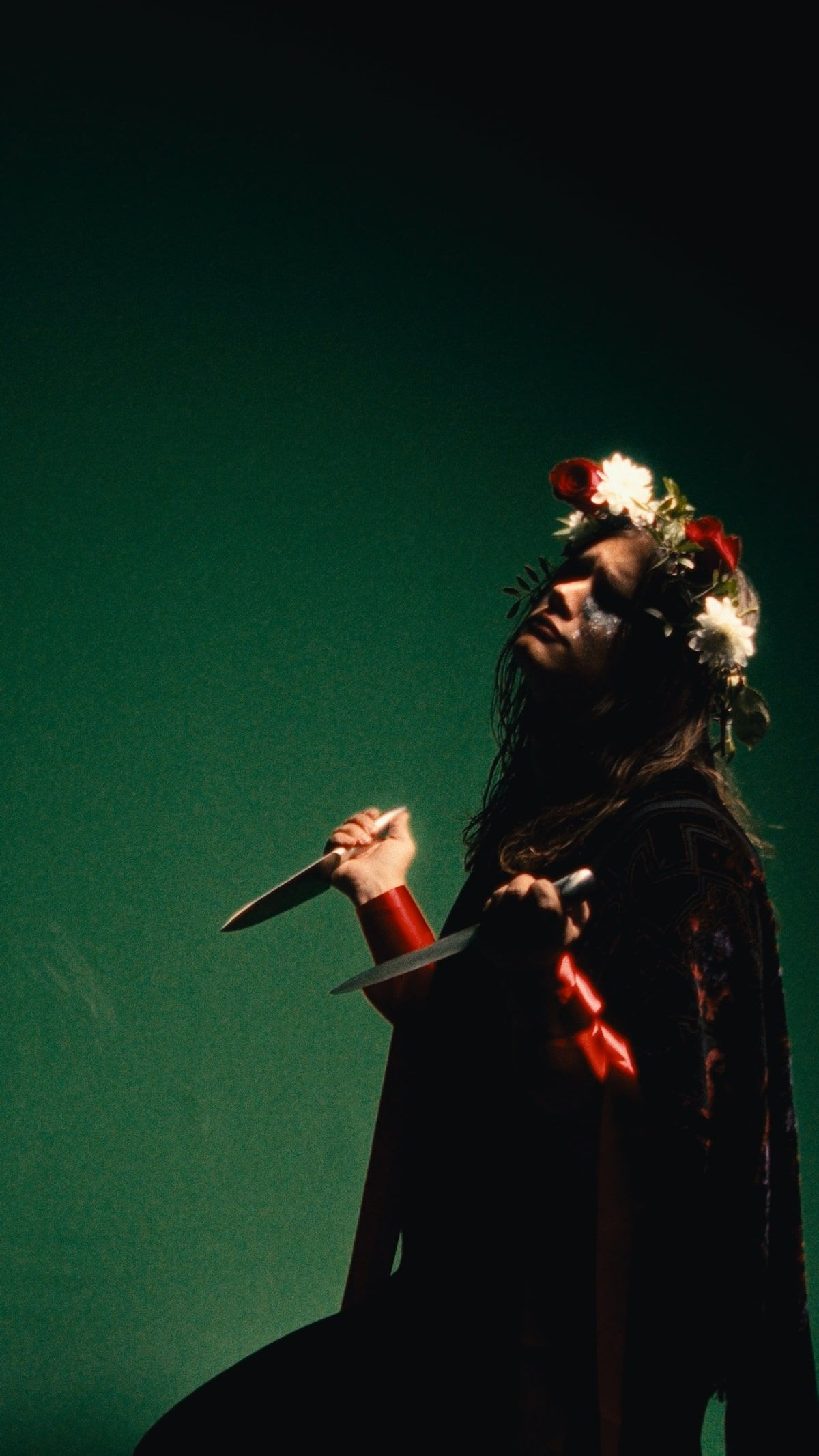
Shifting from a band to a solo project often brings new challenges and freedoms. How has this shift impacted your approach to songwriting and music production?
A lot! Lol. With Tengil, even though I wrote most of the songs it was always made to be music to be played by a band. Making solo stuff you sorta get more freedom to do as you please. But that is in itself more of a curse and a blessing, if we’re to be honest. You get to be your own god and your own devil, and if you don’t find structure I feel like you are way too easily lost. That’s probably why I based the album around the acoustic guitar.
The local music scene often influences artists in subtle ways. How has the Swedish music scene, particularly during these unprecedented times, shaped your musical direction with A Paradise Dot?
The Swedish scene is, of course, like everywhere, but kind of especially annoying when it comes to doing things that stray from the beaten path. It’s basically you go super commercial and everything you do becomes a joke for naziz (Swedish politics at this point in time are like at, a new low, you know) in disguise to laugh at, or you play hardcore, which is cool, but sometimes too conservative in it’s sound to be able to accomodate my kind of music.
Are there other artists or bands from the 2023 scene that have caught your attention or inspired you in some way? What makes their work stand out?
There’s a lot of course, but I feel like I have to play favourites now and then I’ll end up with a guilty conscience. So I’ll just shout out the other two projects I’ve worked with: Maulen and Young Mountain:
Also I’ve been getting involved with the North American underground scene so shoutout to all the bands and people that I know from there that might be reading this, especially the New Friends Fest people and my friends in Respire.
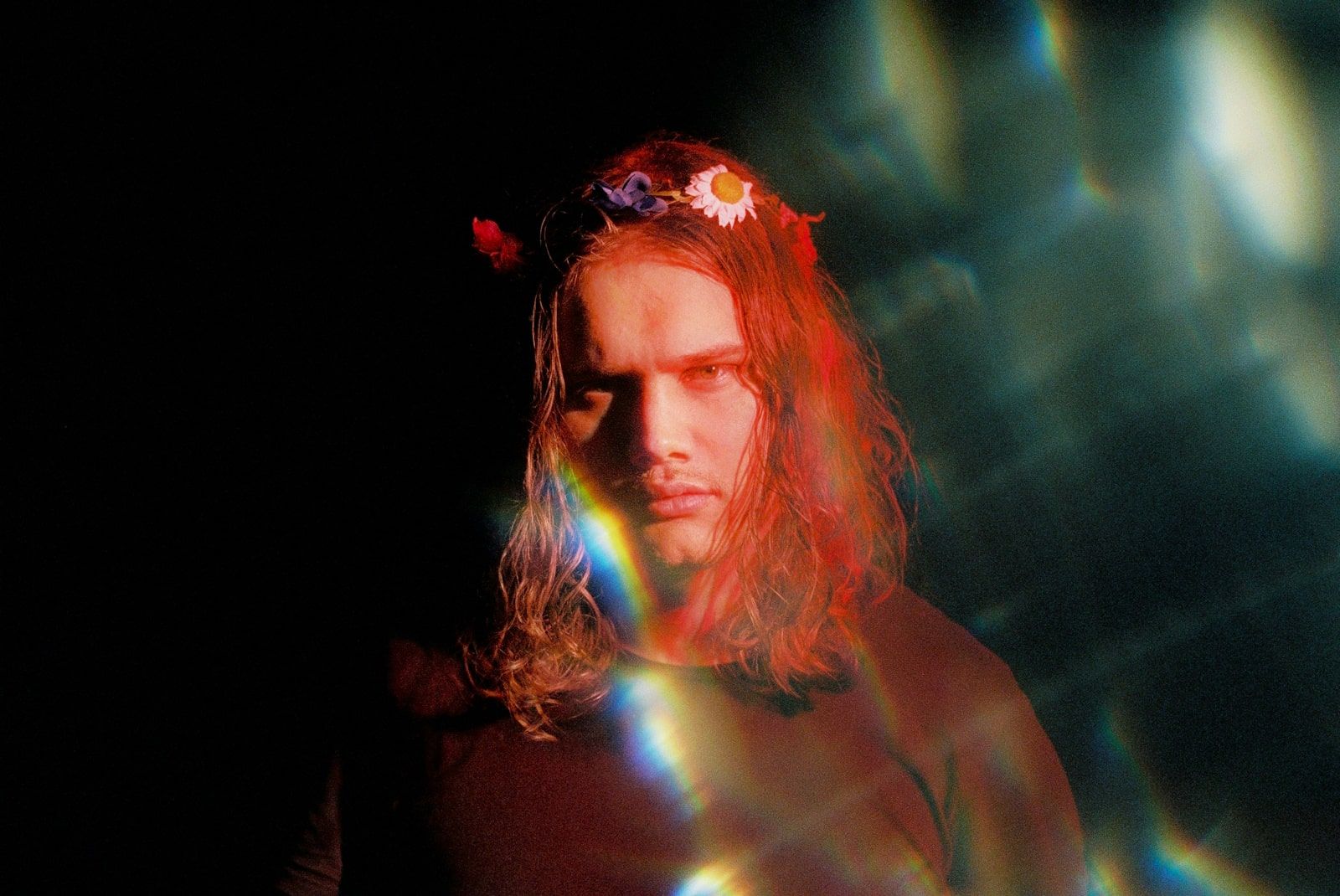
“Climate Sorrow”
All afraid, floods wash me away
Pull us back to lines again, here’s my Covid artifact
Let me stay on top
Let the floor stay intact
Through lightning summer
One story wrote itself
As I keep something up that will kill me
A child could see
The decadence
Yet decent minds don’t outdo themselves
Did you read the writing on the wall?
Bear your dreams
Before the reaper
Make it worth tomorrow
Worth the climate sorrow
Crack the skies, tether the sun
Undoing normality overwhelms
Damned to succeed, the works of love before the dread
Count the days
Darker than
A patsy told the mirror
He’s a rational man
Then the floorboards cracked
Floods carried him away
Did you read the writing on the wall?
Bear your dreams
Before the reaper
Make it worth tomorrow
Worth the climate sorrow
In heaven there’s no violence, no tabs to keep, no whipping corpses, no adderall
Deus vult, the ironic heart attacks, in rampant gardens, from keeping up with it all
And all coke is red, it’s just a joke I told the whirlpools
I drew them on walls from my bed, they showed me great machines
Together we pray
For ignorant congregations
To just start adhering to the scientific fact
Grand Science Amoral
Who made oil drills, nukes and cars
It will cut you open, but cannot find your heart
Said that humility is what will save you
Still on earth
Choose your scars
I did not choose the dark
The tears an invitation
For what forever stays
So tell me you’re afraid
Just once
Before floods wash us away
Bear your dreams
Before the reaper
Make it worth tomorrow
Worth the climate sorrow
Did you read the writing on the wall?
”We will never change the way we are”
“Latter Days”
Latter Days
Conjuring childhoods
Now almost like traditions to unravel
Travels via television
Even then, panlingual efforts to warn
The dangers of the smaller parts
Fruitful gifts for mother when we depart
Our biggest show
To live you must travel, Robert sang scripture as he came home
Recent incongruity
Replicating inside the traveling
I traveled in through the window
To hydrogenic tempest in a cave
Was the dark mouth there?
To all dreamers suspended, asking
”After a wing clipped Ra what will be left here?”
Today there’s blood on my hands nonetheless
As I thought my punishment would give way to heroics
If I help document the latter days
For the good of some future race
Do you think that it would ease the pain of knowing what is done?
If in the wastes I left an account of it
Balance for the avarice
Is there justice left as we forget
The deluge of suns
Into a good earth
credits



